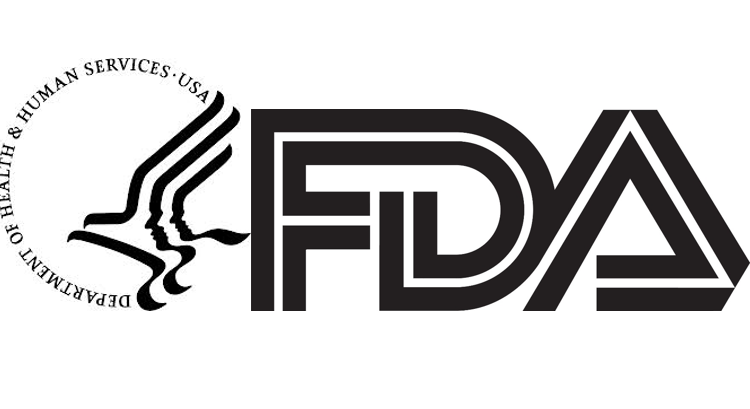On September 4, 2018, the United States Food and Drug Administration (FDA) held a public meeting to gather stakeholder input on the initiatives found in the Biosimilar Action Plan. The Action Plan addressed four areas to improve biosimilar competition: (1) improving the efficiency of the biosimilar and interchangeable product development and approval process; (2) maximizing scientific and regulatory clarity for the biosimilar product development community; (3) developing effective communications to improve understanding of biosimilars among patients, providers, and payers; and (4) supporting market competition by reducing gaming of FDA requirements or other attempts to unfairly delay market competition to follow-on products.
The purpose of the hearing was to solicit input from the public on how to facilitate greater availability of biosimilar and interchangeable products while retaining the balance between competition and innovation that Congress intended to achieve under the [Biologics Price Competition and Innovation Act], specifically how the FDA can leverage its current statutory authority to regulate biologics and biosimilars to address issues around the lack of competition in the market.
During the hearing, stakeholders discussed ways in which the Purple Book should be reformed, including what new additions should be made to make it a more useful resource, in addition to discussing ways to increase biosimilar uptake and transparency. Comments from twenty-seven speakers were incorporated in the hearing.
Andrew Greenspan, VP of medical affairs at Janssen Biotech, took the side of the reference products, calling for FDA to require biosimilar to biosimilar switching studies, though later discussions regarding the need for such studies and how such switching would be different from switching between different products in the same class cast some doubt on the idea. Greenspan also called for the FDA to require post-marketing studies to better track biosimilars once they are on the market.
Nathan Doty of AbbVie similarly took the side of reference products, claiming there is no clinical data to justify switching between interchangeable biosimilars of the same reference product, and that the Purple Book should make such a declaration.
Juliana Reed, president of the Biosimilars Forum, however, called on the FDA to make the Purple Book more useful by providing the date of exclusivity expiration for reference products and noting how long it took for biosimilars to be approved and to let developers know which center – CBER or CDER – regulates which products.
Mariana Socal of Johns Hopkins also called for new additions to the Purple Book, including unexpired exclusivity periods, saying, “FDA should make a determination on first licensure dates on all FDA-licensed biologics.”
FDA Commissioner Scott Gottlieb also spoke, noting the important role FDA plays in ensuring access to affordable medicines. “The high costs of biologics are likely familiar to you,” he told participants, noting that it will take more work to ensure a vibrant biosimilar marketplace. “I’m not satisfied with the current state of the market,” Gottlieb added.
Additional public comments were due September 21, 2018, so it is likely several months before we see any action taken as a result of this meeting. In any event, it is expected that the FDA will continue to evaluate whether firms are using FDA statutory or regulatory requirements to inappropriately delay approval of biosimilar or interchangeable competitors as the reference biologic has 12 years of market exclusivity.

